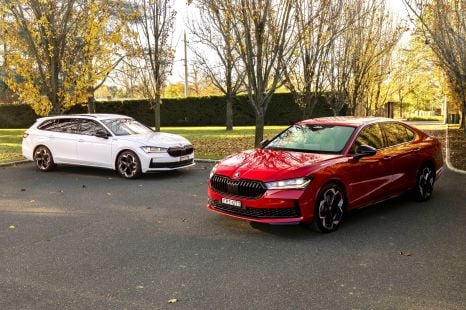

Max Davies
1 Month Ago
Volkswagen's new passenger car chief has told a German publication the company has yet to fully commit to a ninth-generation Golf.

Contributor
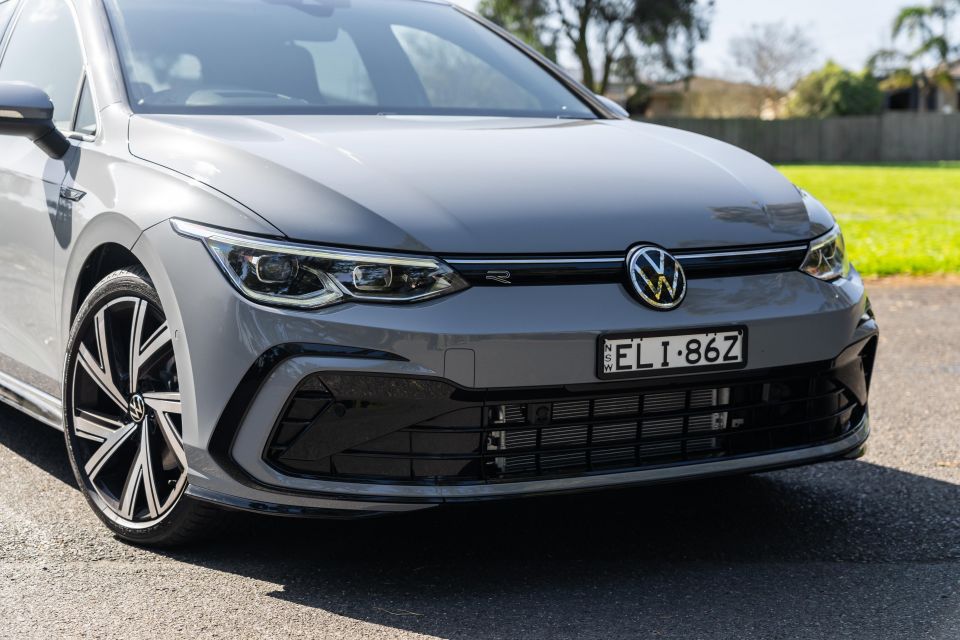

Contributor
Newly-appointed Volkswagen Passenger Cars CEO Thomas Schäfer has raised some doubts about whether a ninth-generation version of the iconic Golf will make production.
In an interview with German publication Welt, Mr Schäfer said Volkswagen had yet to decide whether to proceed with a Golf Mk9 for the incoming all-electric era, with an eye toward European combustion-engine bans starting in 2035.
“We will know more in twelve months,” Mr Schäfer claimed, adding the company was now working on a mid-life update for the Mk8 Golf, presumably for 2023-24 given the Mk8 premiered in late 2019.
“We will have to see whether it’s worth developing a new vehicle that does not last the full seven or eight years,” said Mr Schäfer in his interview with Welt, adding that it would be “extremely expensive” to develop a car for a shortened lifespan.
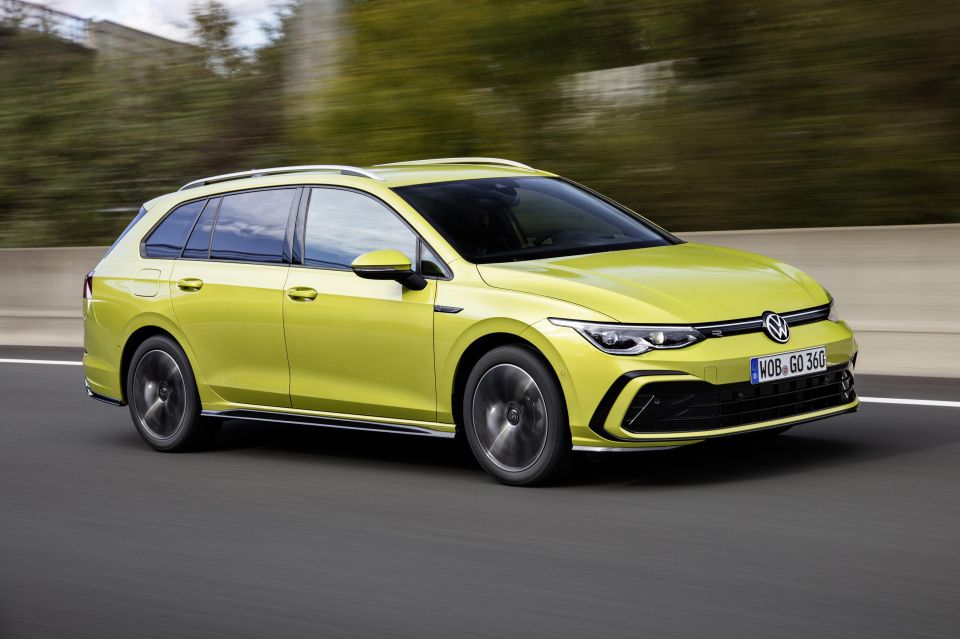
These comments backtrack somewhat on a pledge made by ex-CEO Ralf Brandstätter in 2021, when he said core models such as the Golf would enter a new generation, before going all-electric.
“We will still need combustion engines for a while, but they should be as efficient as possible, which is why the next generation of our core products – all of which are world models – will also be fitted with the latest generation of plug-in hybrid technology, with an electric range of up to 100 kilometres,” said Mr Brandstätter at the time.
A new-generation Golf is due around 2027 based on typical model cycles, and would therefore be on sale until about 2035, which neatly coincides with the European Union’s plan to ban the sale of new cars and vans with petrol and diesel engines.
Despite the timeline in this scenario working out, Mr Schäfer said that even developing a combustion-powered small car to conform with soon-to-be-introduced Euro 7 regulations (around 2025) would be tough, and “significantly more expensive”.
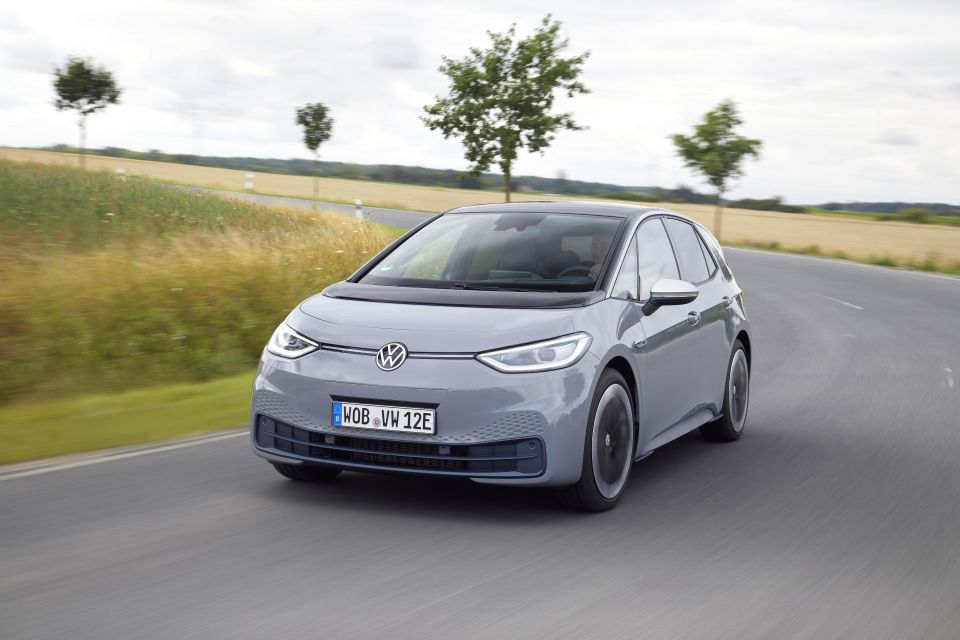
These quotes point toward Volkswagen perhaps leaning more towards the ID.3 hatchback, which is the Golf’s all-electric alternative, as its main C-segment option – though there’s no technical reason why it couldn’t affix a Golf badge to an EV again…
Mr Schäfer said he believed that once Euro 7 regulations were introduced, internal-combustion vehicles would become €3000 ($A4388) to €5000 ($A7313) more expensive in Europe because of the higher development and building costs.
Mr Schäfer also said that €10,000 ($A14,627) starting prices for micro cars with internal-combustion engines, like the Volkswagen Up, will no longer exist in the future.
Volkswagen Group has previously said it plans to introduce three entry-level electric vehicles (EVs) based on the ‘MEB Small’ platform, similar in size to the Polo, starting in 2025.
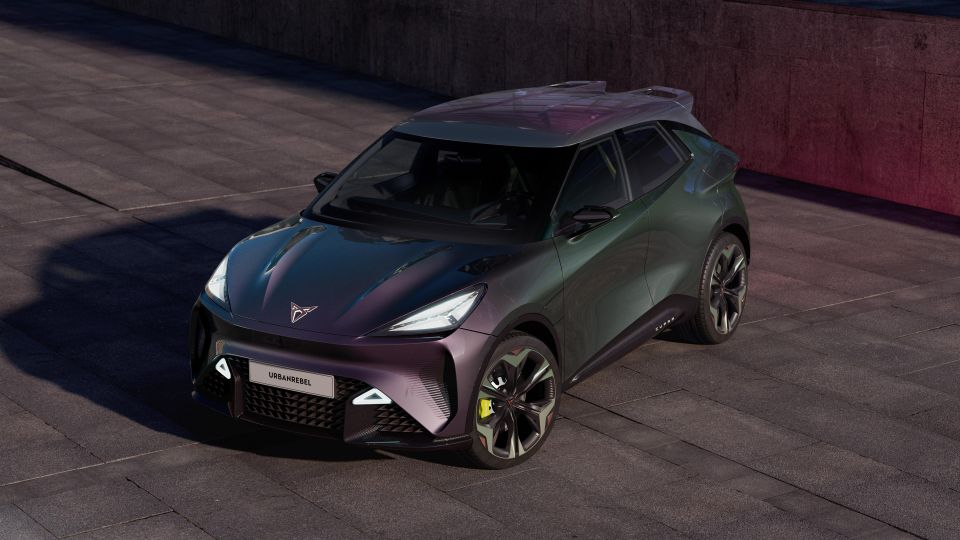
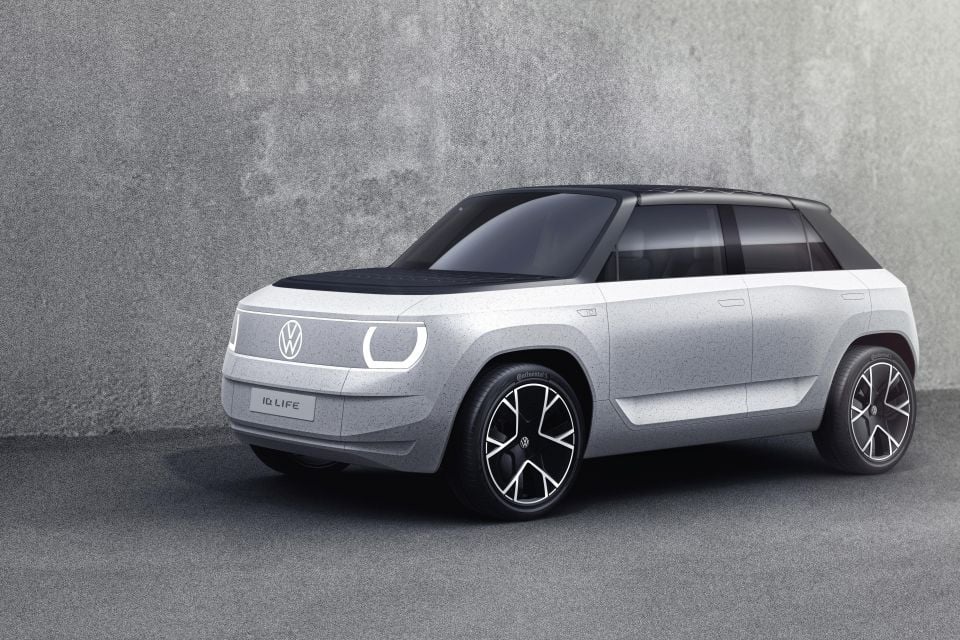
One of these vehicles is reportedly going to be called the Volkswagen ID.2, according to Mr Schäfer, with a revised starting price around €25,000 ($A36,568). It was previously €20,000 ($A29,254).
The other two models set to be built on the MEB Small powertrain include the Cupra UrbanRebel, and a Skoda.
Despite previously saying there were only going to be three Volkswagen Group vehicles built on the MEB Small platform, Mr Schäfer has now said there will be another Volkswagen model.
Details about this second Volkswagen EV to be based on MEB Small are few and far between for now.
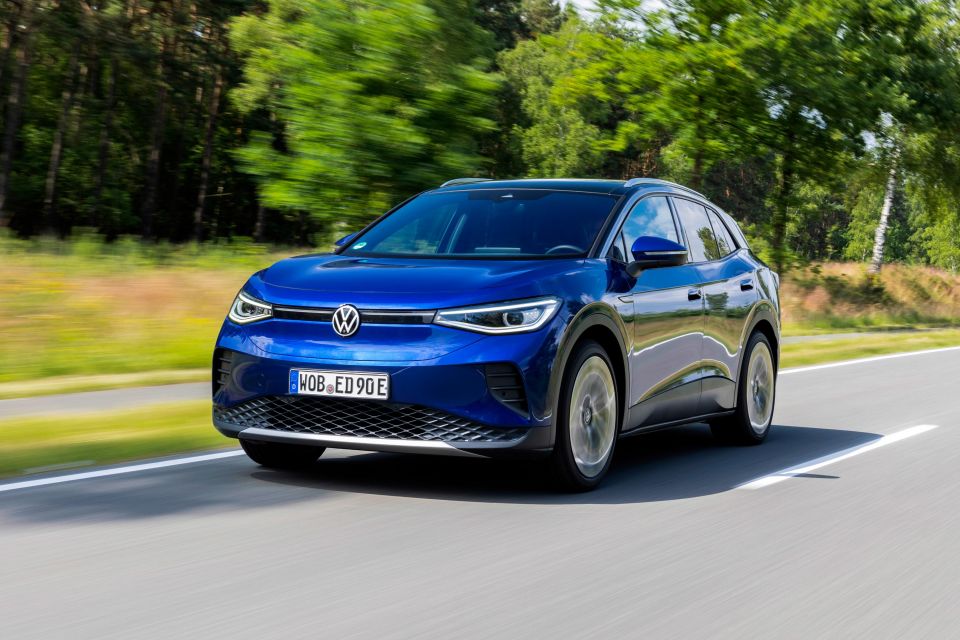
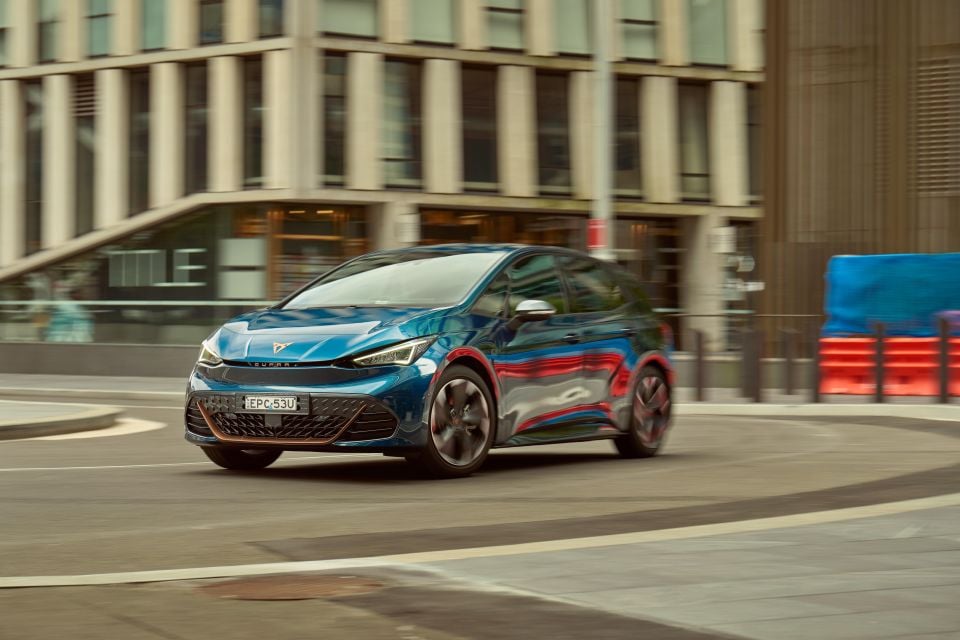
The electric range for these small EVs will be around 350 to 400km according to Mr Schäfer, calling this the “psychological sell point at the moment”.
The Volkswagen Group is yet to start its all-electric vehicle rollout in Australia just yet, but the Cupra Born is slated for a first quarter of 2023 local launch, and the Volkswagen ID. 4 and ID.5 crossovers will land in Australia before the end of 2023.
Take advantage of Australia's BIGGEST new car website to find a great deal on a Volkswagen Golf.
Jack Quick is an automotive journalist based in Melbourne. Jack studied journalism and photography at Deakin University in Burwood, and previously represented the university in dance nationally. In his spare time, he loves to pump Charli XCX and play a bit of Grand Theft Auto. He’s also the proud owner of a blue, manual 2020 Suzuki Jimny.


Max Davies
1 Month Ago
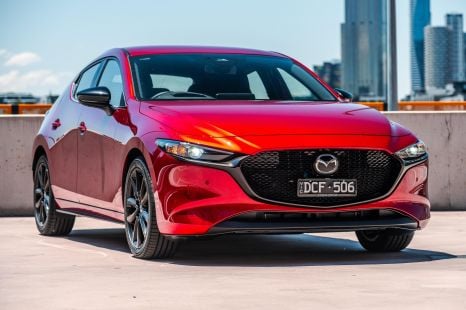

Josh Nevett
30 Days Ago
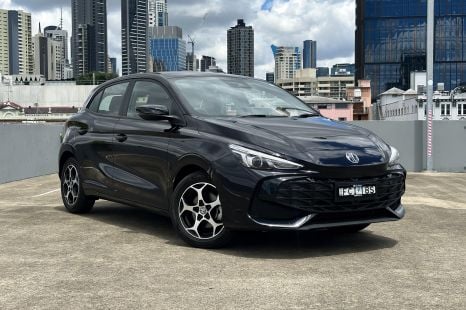

William Stopford
29 Days Ago
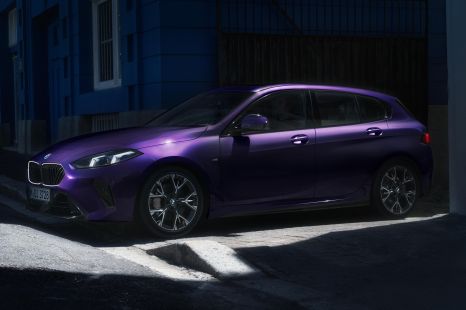

Marton Pettendy
25 Days Ago
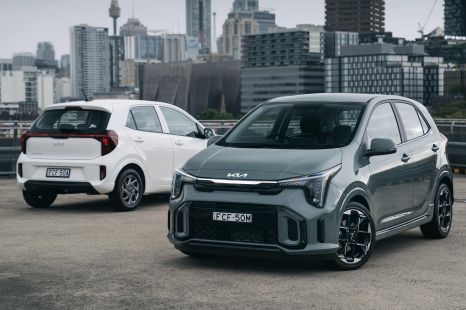

Damion Smy
20 Days Ago
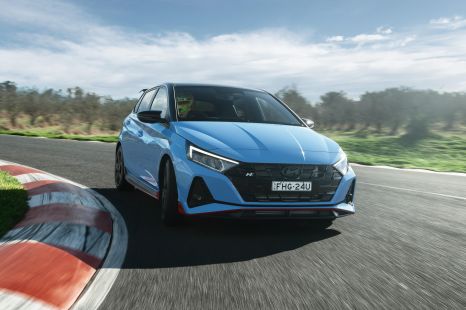

William Stopford
14 Days Ago